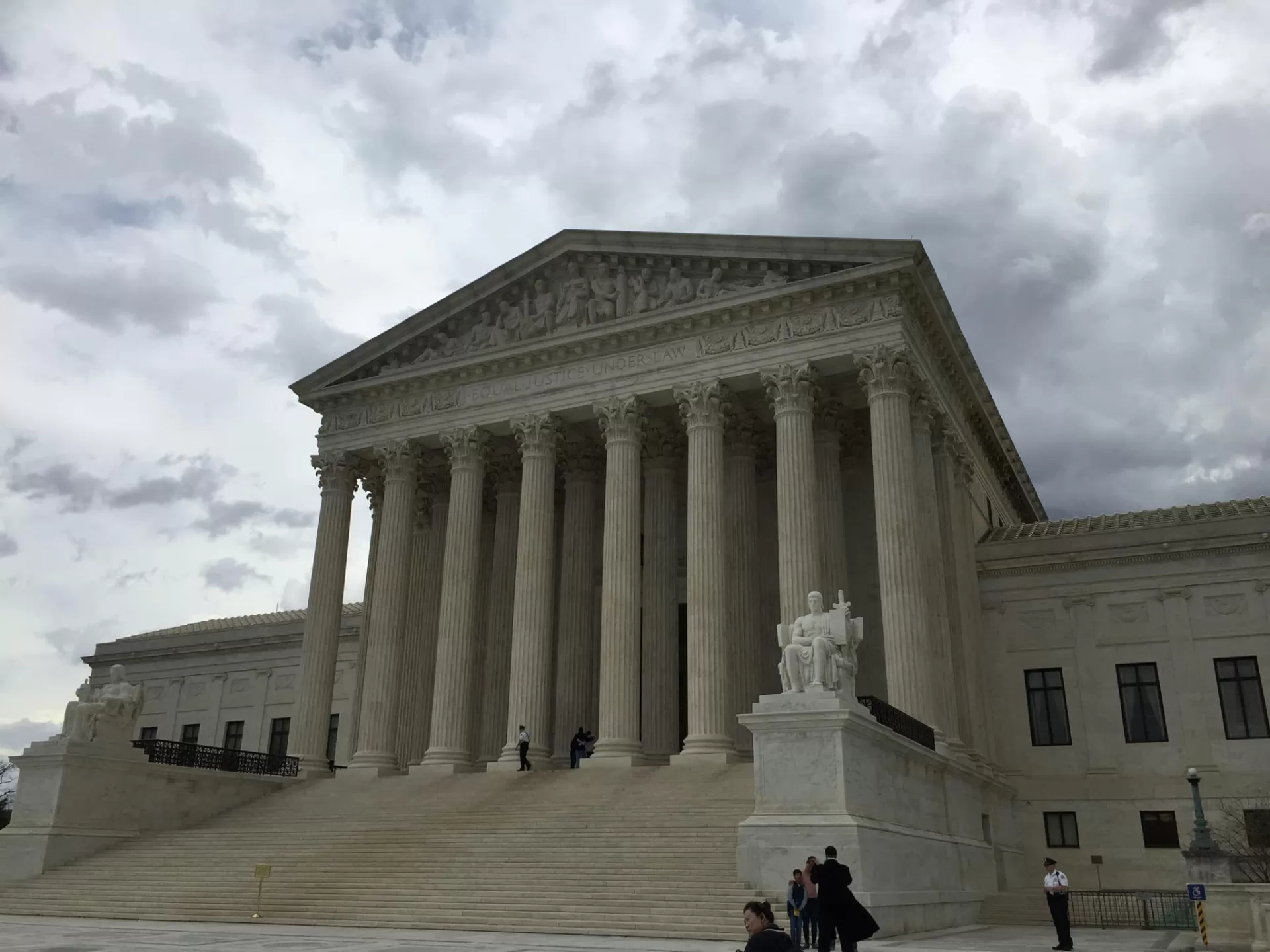In the Gospel of Matthew, Jesus is quoted as saying, “Render therefore unto Caesar the things which are Caesar’s; and unto God the things that are God’s.” Some point to this verse as support for the proposition that Christians ought not participate in the political process, the notion being that sacred ideas should only inform matters relating to God, and not matters related to governance. To correctly understand the meaning of Jesus’s principle here we need to understand the context in which he stated it. At the time, earthly law and governance was whatever Caesar deemed, and Caesar deemed that Christian people under his dictatorial rule had no say in the governance of his empire. Because the governance and law of the time prohibited involvement by Christians, Christ’s message to render unto Caesar meant no participation.
If Caesar represents government though, we reach a different conclusion in the context of a constitutional republic. This is because in such a context power is held not by a dictator, but by the people, including Christian people. To be sure, all are to submit to governmental authorities because, as Paul indicates in Chapter 13 of his letter the Romans, no authority exists except that which God establishes. Thus, submission in the context of a dictatorship arguably precludes expressions of contrary political viewpoints. On the other hand, submission in the context of a nation “of the people, by the people, and for the people”, is not incongruent with exercising freedom of expression and religious conscience – even when, perhaps especially when, the expression or exercise of conscience runs contrary to the viewpoint of an elected office holder representing the people.
In the United States of America “We the People” are Caesar and therefore we have a duty and responsibility to discern the worldview through which those representing us view public policy. Do they inform their policy-making with inalienable moral principles that led to policies ending slavery and ensuring civil rights for African Americans? Or, do they inform their policy-making with evolving immorally relative notions of personal autonomy leading to policies entitling individuals to increasingly engage in unhealthy, dangerous, and immoral conduct (e.g., policies supporting partial-birth abortion, infanticide, assisted suicide, euthanasia, etc). History shows that the later worldview eventually leads to tyranny, slavery and selfish pleasure, while the former ensures good governance, liberty and respect for the lives of others. In evaluating who should represent the people this election season, let me suggest that, as I heard a pastor once say, let us not look to the elephant or to the donkey; let us look to the Lamb.
Prof. William Wagner formerly served as a Federal Judge and is a Professor of Law at Trinity International University. He is currently President of Salt & Light Global.










